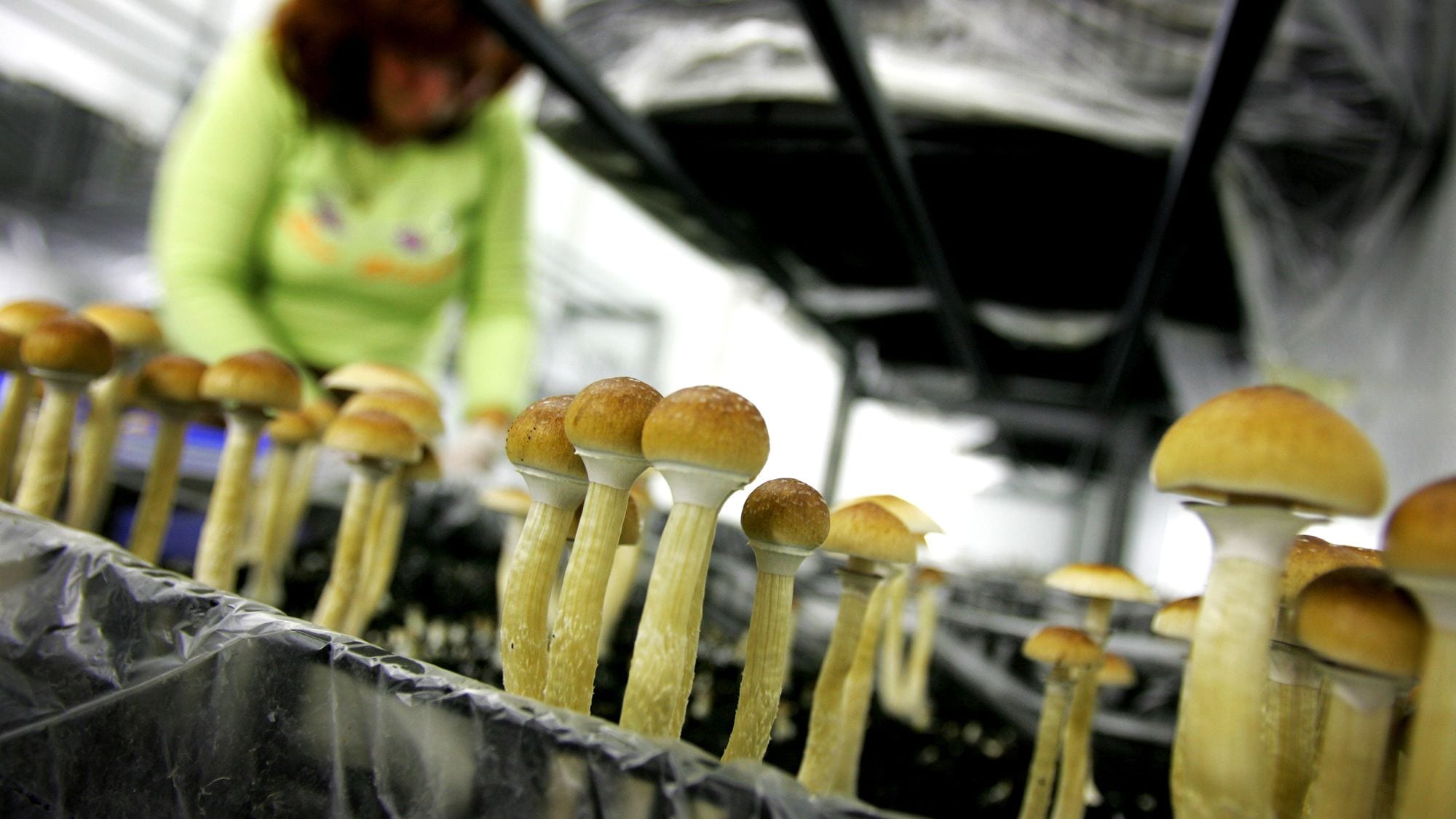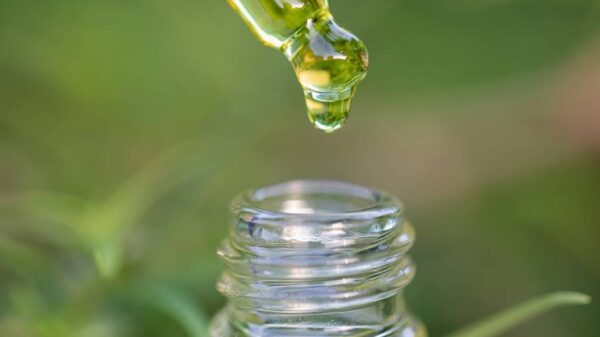The United States Drug Enforcement Administration (DEA) has proposed significantly increasing production quotas for synthesizing, extracting and manufacturing schedule I drugs including MDMA, LSD, psilocybin and cannabis.
Just last month, the agency raised production quotas for the substances, but now it’s suggesting even higher increments for 2022.
In an official notice published on the Federal Register on Monday, the DEA said the proposed increases follow a high demand for schedule I hallucinogens for research and clinical trials.
Following the notice, the agency has started a 30-day public comment period ending Nov. 17. Based on incoming recommendations, the agency may hold a public hearing on one or more of the issues raised.
If no public hearing is required, the agency will publish a final order with the 2022 aggregate production quotas and an assessment of annual needs for the list I chemicals ephedrine, pseudoephedrine and phenylpropanolamine.
“DEA has received and subsequently approved new applications for schedule I research registrations and new applications for registration from manufacturers and corresponding quota applications to grow, synthesize, extract, and manufacture dosage forms containing specific schedule I hallucinogenic substances for clinical trial purposes,” reads the notice.
In June, National Institutes of Health director Dr. Francis S. Collins expressed support for cannabis and psychedelic research and said the agencies have begun to realize psychedelics are potential tools for medical research.
Read more: US DEA suggests big increase of cannabis and psilocybin production for research
Read more: Health Canada says patients should access medical psilocybin via clinical trials
MDMA production quotas would increase by 6,300 per cent compared to last year
The new quota suggestions include an exponential increase in the allowance of MDMA to 3,200 grams from 50 grams, a 6,300-per-cent increase over 2021.
The cannabis quota increased 60 per cent to 3.2 million grams from 2 million grams, while the extracts quota increased 100 per cent to 1 million grams from 500,000 grams.
Cocaine production decreased 11.8 per cent to 60,492 grams from 68,576, while fentanyl production decreased 5 per cent to 691,511 grams from 731,452 grams.
LSD would increase 1,150 per cent to 500 grams from 40 grams in 2022. Psilocybin and psilocin would rise 100 per-cent, while DMT would increase by 400 per cent from 250 grams from 50 grams.
“Based on the increase in research and clinical trial applications, DEA has proposed increases in MDA, MDMA, 5-MeO-DMT, DMT, LSD, marijuana, marijuana extract, mescaline, psilocybin, psilocin, and all other tetrahydrocannabinols to support manufacturing activities related to the increased level of research and clinical trials with these schedule I-controlled substances,” reads the notice.
Read more: Positions of NIH, FDA signal we’re ‘on the brink of a psychedelic revolution’
Read more: FDA lifts ban on study of therapists taking MDMA
The notice also said the agency predicts opioid use for medical use would decline on average 18.88 per cent between this year and next.
“These declines are expected to occur across a variety of schedule II opioids including fentanyl, hydrocodone, hydromorphone, oxycodone and oxymorphone.”
Follow Natalia Buendia Calvillo on Twitter
natalia@mugglehead.com













